I know you’re sick of hearing that This Is The Most Important Election of Your Life, but as a scholar who’s devoted his career to studying American political history, I am telling you that No, Seriously, This Is The Most Important Election of Your Life.
Despite the incredibly high stakes and the crystal clear contrast between the two candidates this year, there are still some voters out there who remain undecided about who they’ll vote for or, much worse, uncommitted about whether they’ll vote at all.
As someone who's researched and written about the voting rights struggle, I've always found that dismissive attitude to voting pretty infuriating. But never more than now.
I'm a historian, so let me do what we do, and offer reminders about what Americans sacrificed to get full access to the ballot. This history goes back centuries, but I work on the modern civil rights era.
We don't have to go back further than that to see the price people paid.
Reverend George Lee in Belzoni, Mississippi, used his pulpit and his printing press to encourage African Americans to register to vote. For his troubles, he was assassinated by three men with shotguns in May 1955.
A few months later, Lamar Smith -- who had been busy trying to convince local blacks to vote -- was gunned down by three men on the lawn of the courthouse on a Saturday afternoon. A huge crowd watched it happen, but police said they could find no witnesses to it.
In 1961, voting rights activist Herbert Lee was murdered by a state legislator in front of a dozen witnesses. After a few years, a witness came forward to testify about the murder. Local whites started to harass him, though, and he made plans to leave the state and flee north. The night before he was going to leave, he was killed outside his home. His son discovered the body, with half of his father’s face blown off.
Medgar Evers, the head of the Mississippi NAACP, had been actively involved in the voting rights campaign.
Late one night in June 1963, Evers pulled his Oldsmobile into his driveway, pulled some items from the backseat and started to walk inside. Across the street, hidden among the honeysuckle vines, a white supremacist named Byron de la Beckwith squinted through the scope of a 30.06 Winchester rifle, squeezed the trigger, and ripped a bullet through the activist’s back. At the crack of the gun, his kids inside threw themselves to the floor, precisely as their father, a veteran of the Normandy landing, had trained them. When no more shots came, they hurried outside to find their dad face down and dying in their driveway.
Most famously, in the summer of 1964, three voting rights activists -- James Chaney, Andrew Goodman, and Mickey Schwerner -- were detained by cops and then murdered by Klansmen in Philadelphia, Mississippi. Their bodies were buried in an earthen dam, only uncovered after a massive federal investigation.
Their deaths were the most brutal assaults in the “Freedom Summer” campaign, but by no means the only acts of violence and intimidation faced by the volunteers who risked everything for the ballot.
The next year, during the climactic voting rights protests in Selma, 26-year-old Jimmie Lee Jackson was killed by Alabama state troopers in February 1965.
Jackson had been marching peacefully with his extended family when the troopers suddenly descended on them all. They fled into a cafe, but the troopers followed them in. They began beating Jackson’s 82-year-old grandfather and then turned to assault his mother too when she intervened. Jackson rushed to the aid of his mom, but one trooper pinned him against a cigarette machine and the other fired off two rounds into his stomach. He died eight days later.
A few weeks after Jackson’s death, Rev. James Reeb, a Unitarian minister from Boston, was likewise killed by white supremacists who opposed the voting rights movement. Reeb and two other clergymen who had come to Selma to support the campaign, but made a wrong turn after dinner and wound up attacked by a gang of white racists. The minister suffered a severe head wound in the assault and died two days later.
And then another two weeks after that, four Klansmen murdered Viola Liuzzo, a mother of five from Detroit. She had been moved by the voting rights drama and had come down to help give rides to marchers after the Selma-to-Montgomery march. Klansmen saw her out-of-state plates and black passenger, so they chased her down in their own car and ultimately shot her twice in the head.
In August 1965, Jonathan Daniels, an Episcopalian seminary student from Boston, was arrested along with a Catholic priest for supporting a voting rights campaign in Lowndes County, Alabama. Almost immediately after their release, Daniels was shot to death by a deputy.
In January 1966, Vernon Dahmer, a well-off grocery store owner, announced on the radio in Hattiesburg that he would pay poll taxes for anyone who wanted to vote but couldn't afford it. The Klan attacked his home that night, throwing jugs of gasoline into his home and set it on fire. As the fire spread, Dahmer fired his gun to scare the Klansmen off and got his wife and kids out of the house. He finally made it out, but soon died from the severe burns and smoke inhalation.
"I've been active in trying to get people to register to vote," Dahmer told a reporter. "People who don't vote are deadbeats on the state. I figure a man needs to do his own thinking. What happened to us last night can happen to anyone, white or black."
We could go on and on here, with countless stories that remind us how much some people gave in the 1950s and 1960s to try and make this country a full-fledged democracy for the first time in its history.
They came from all walks of life — black and white, young and old, southern and northern — but what they had in common was a recognition that voting truly mattered and that securing the right to vote was important enough for them to risk their lives and, in some cases, to lose their lives.
Voting matters.
If it didn’t matter, these activists wouldn’t have sacrificed so much for it.
If it didn’t matter, the forces of reaction and racism wouldn’t have gone to such lengths to stop them back then.
Or, for that matter, now.
Which side are you on?




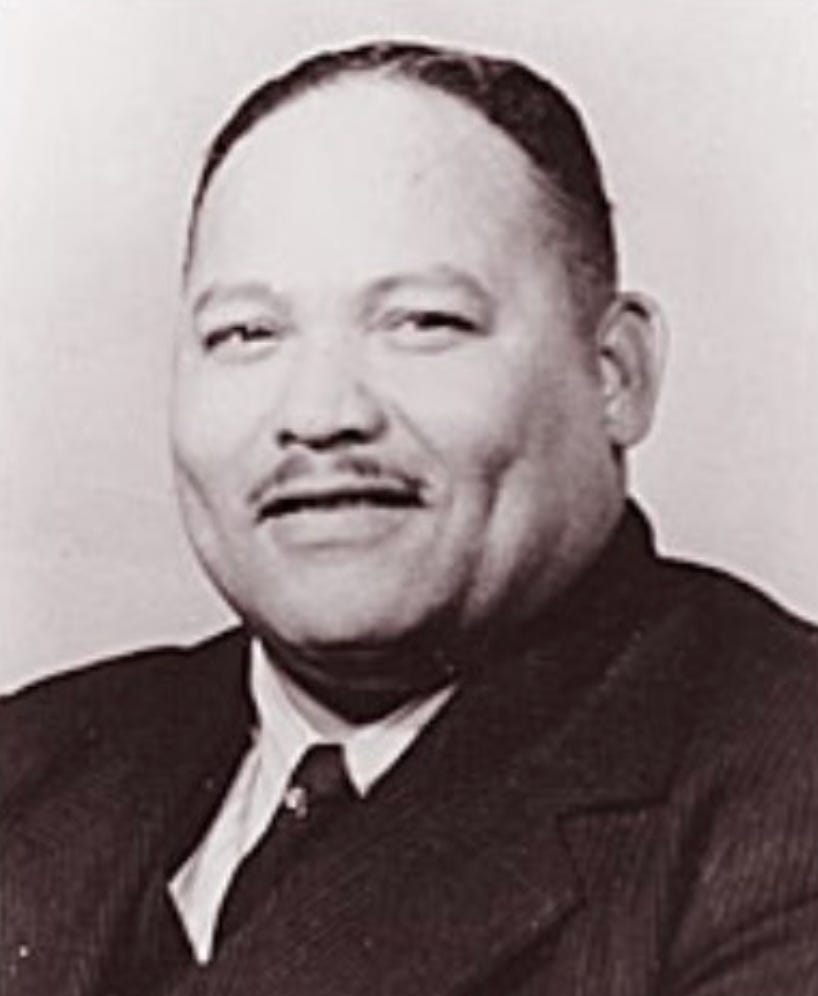
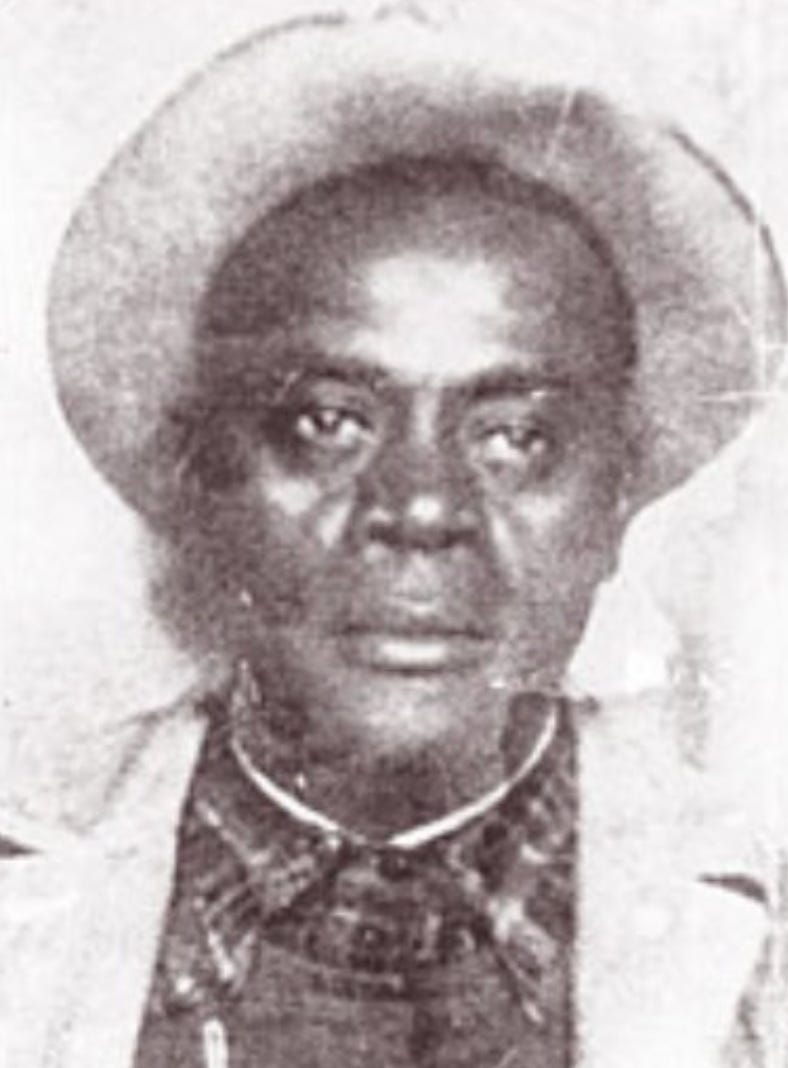
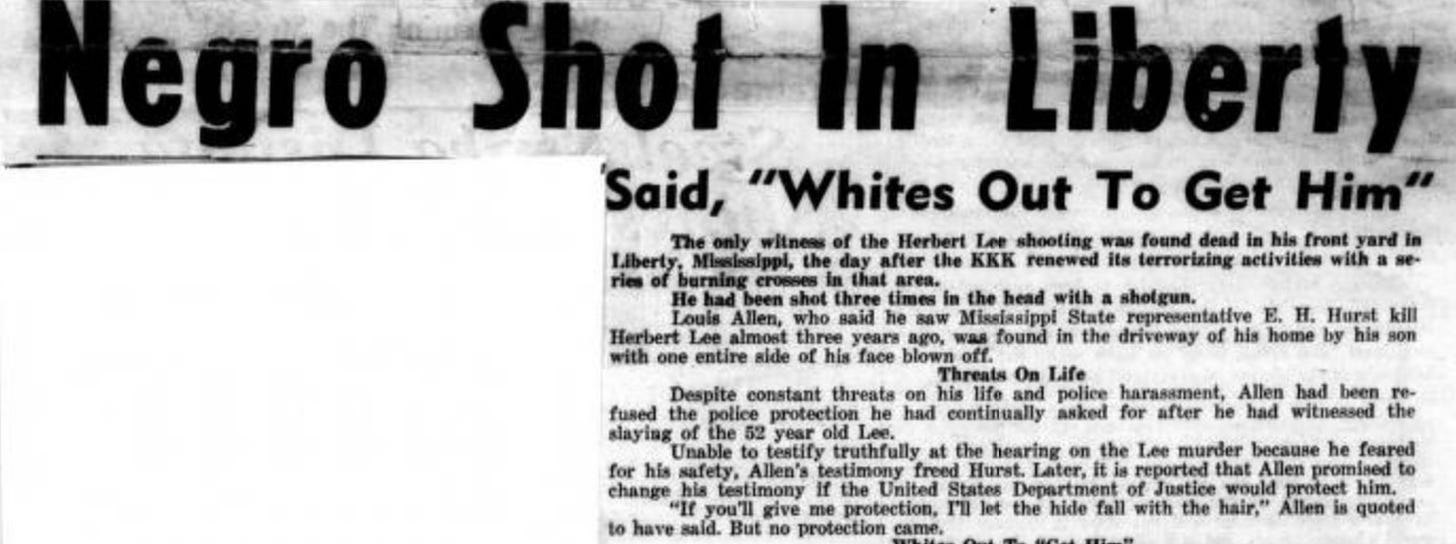
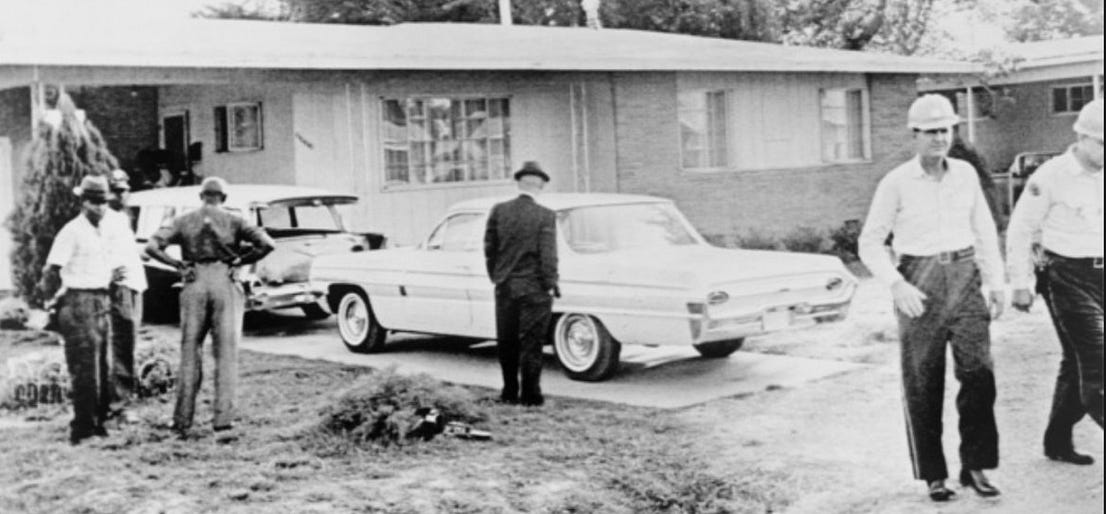
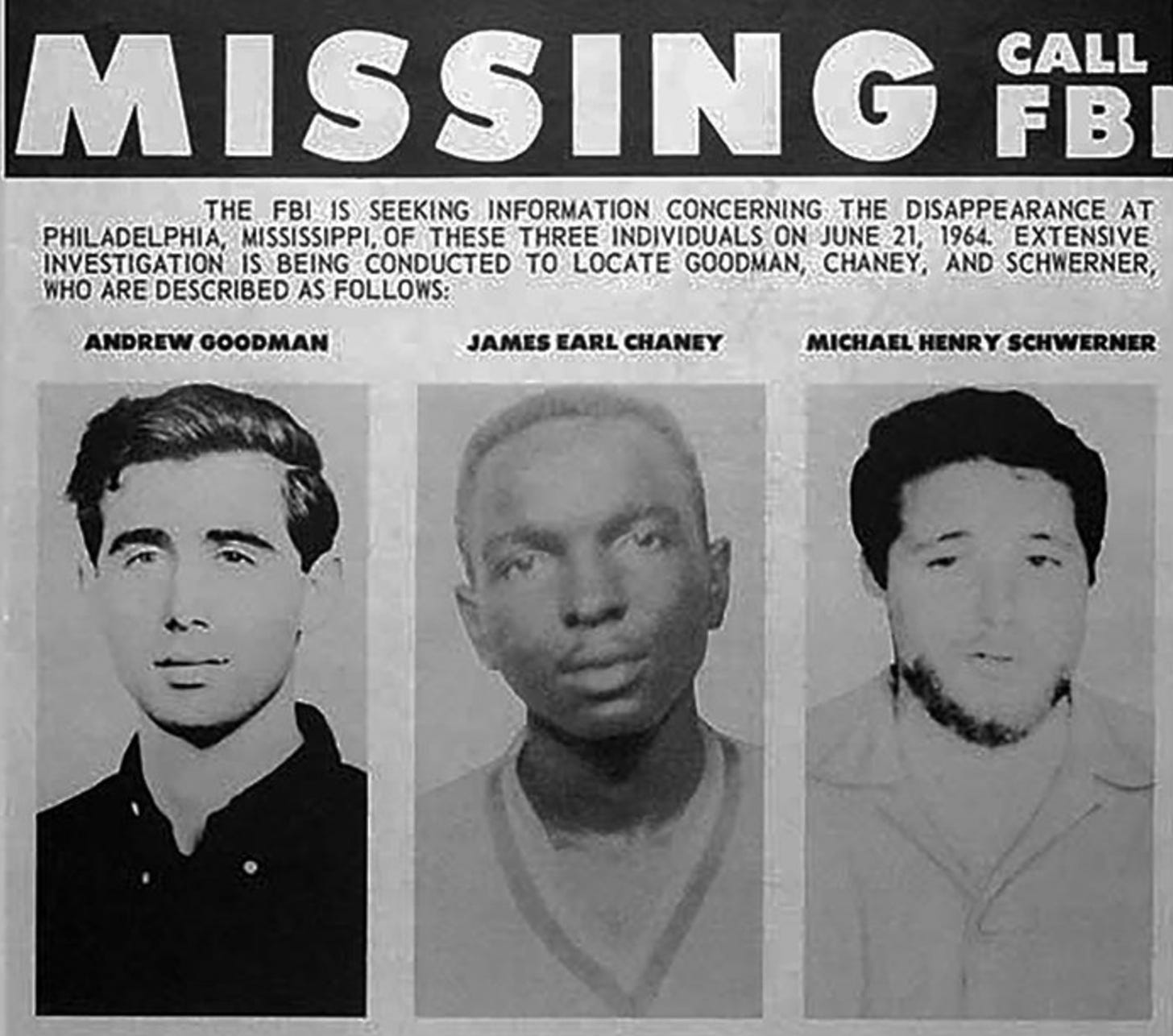
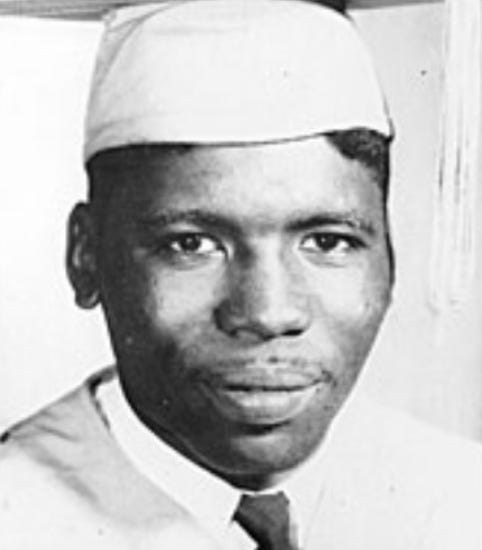
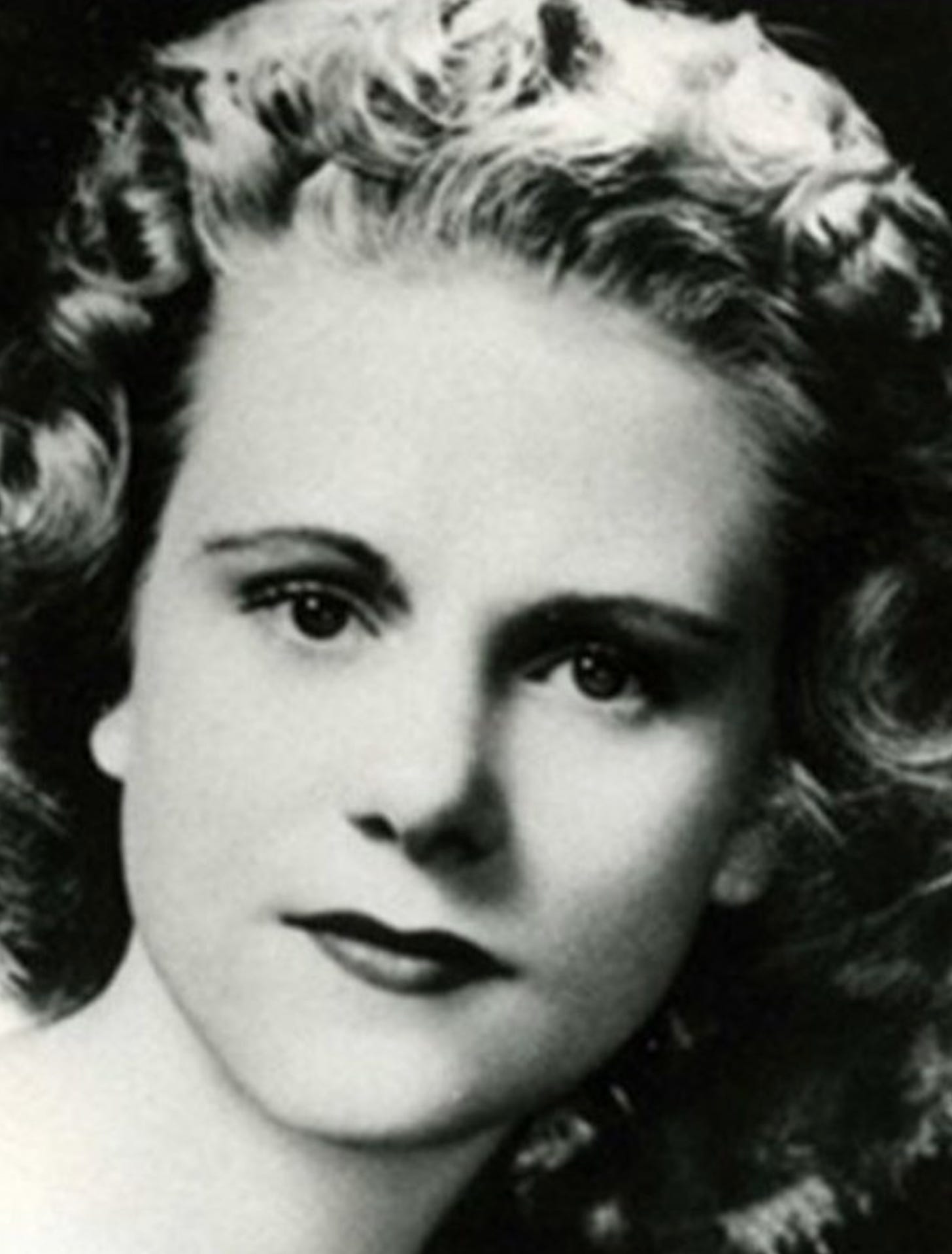
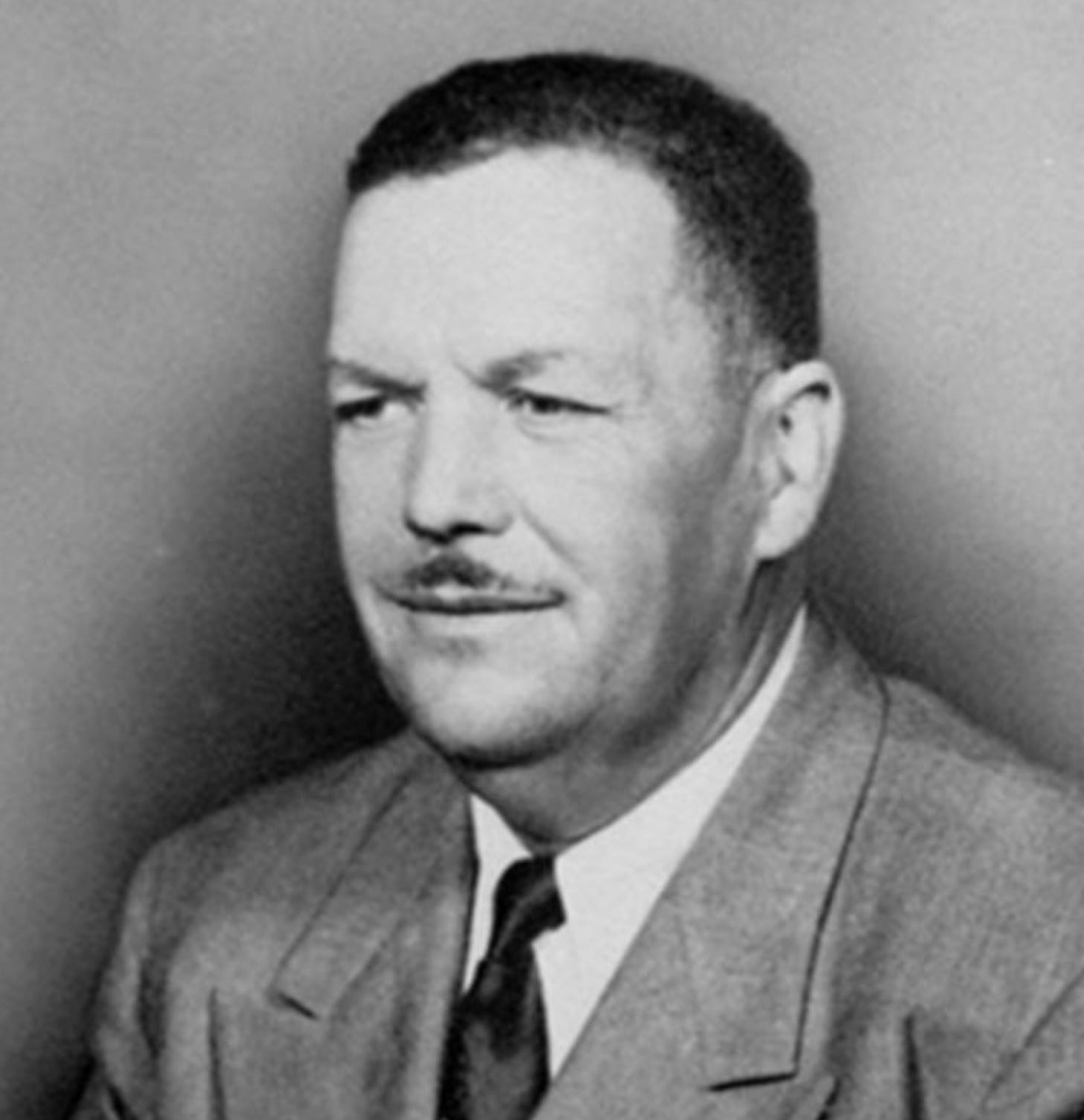
Incredibly moving, poignant and necessary. I’m sitting in a waiting room for an appt, awash in chills and sadness over the violent deaths of those you listed and anger at all those today who won’t think beyond their reactionary, childish urge to put an incredibly dangerous fascist in power all so they can thumb their nose at everyone who doesn’t want to live in a fascist led theocracy.
"If all of you had voted the other way - there's about 5,500 of you here tonight - I would not be the President of the United States." --"Address in Chicago at a dinner of the Democratic Party of Cook County (155)," April 28, 1961, Public Papers of the Presidents: John F. Kennedy, 1961.